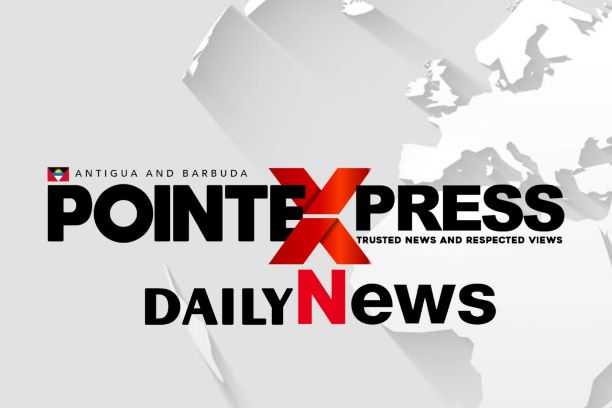On Thursday November 26, Information Minister Melford Nicholas, announced that one of his Cabinet colleagues was about to be charged with a serious crime and that Prime Minister Gaston Browne had accepted the minister’s resignation.
The portfolio assigned to that minister was reassigned to Daryll Matthew later Thursday morning.
It was a remarkable moment to witness – a Cabinet minister announcing to the public that a colleague of his was about to be charged with an offence and, as has been the policy of the government, he had no choice but to resign.
This historic occurrence took place during the weekly post-Cabinet press briefing which has become an important pillar in an age of openness and transparency.
When Prime Minister Gaston Browne and his administration assumed power in Antigua and Barbuda on June 13, 2014, he promised a new era of good governance based on integrity, honesty and transparency. One measure introduced was the inclusion of the Chief of Staff in the Office of the Prime Minister in Cabinet meetings as an observer who would take copious notes which would then be shared with the public.
These notes form the foundation of the post-Cabinet report which was circulated among all media houses in Antigua and Barbuda, embassies and other stakeholders. Each week, media houses anticipate the report which contains information that is valuable and of great interest and importance to their audiences.
Since its introduction in 2014, the post-Cabinet press briefing has evolved and expanded to become more comprehensive. Initially the reporting consisted of weekly live updates aired on Observer Radio, ZDK and ABS Television. This method of information dissemination proved cumbersome and led to the decision to hold a press conference on the morning following the Cabinet meeting to which all media houses would be invited and where they would have the opportunity to question the Cabinet spokesman, Melford Nicholas, or Chief of Staff, Lionel Hurst.
The post-Cabinet press briefings morphed yet again due to the COVID-19 pandemic. Formerly, they were held in the Conference Room at the Office of the Prime Minister, however, these became virtual events held immediately after Cabinet when national anxiety over the spread of the virus was at its peak.
The sessions are now held in the Media Room of the Parliament building.
The post-Cabinet press briefings have become a critical part of our country’s maturing democracy. They provide important insight into the workings of the Cabinet as it tackles critical issues related to the economy, health, national security and other developments of interest to society. They have become a vital part of the nation’s weekly routine.
Regardless of how routine they may have become, they are nonetheless a critically important part of the way that our government conducts its business. It is to the government’s credit that no matter the circumstance or national crisis, the post-Cabinet briefings remain constant.
One should not lose sight of the fact that in a spirit of openness, the legal issues surrounding a now former member of the Cabinet of Ministers of Antigua and Barbuda, the matter was not ‘swept under the table’, but reported openly by the Cabinet spokesman. There was no attempt to obfuscate. Rather, the issue was handled head on.
Kudos must be given to the government for its policy of openness!
These post-Cabinet briefings assumed a life of their own. It would be foolhardy for this government, or any other, to contemplate eliminating them as they are an important contributing factor to the national discourse.
It is too important a pillar in the structure of good governance to be discarded.
After all, democracy is not an end point, democracy is a fluid and evolving construct.


